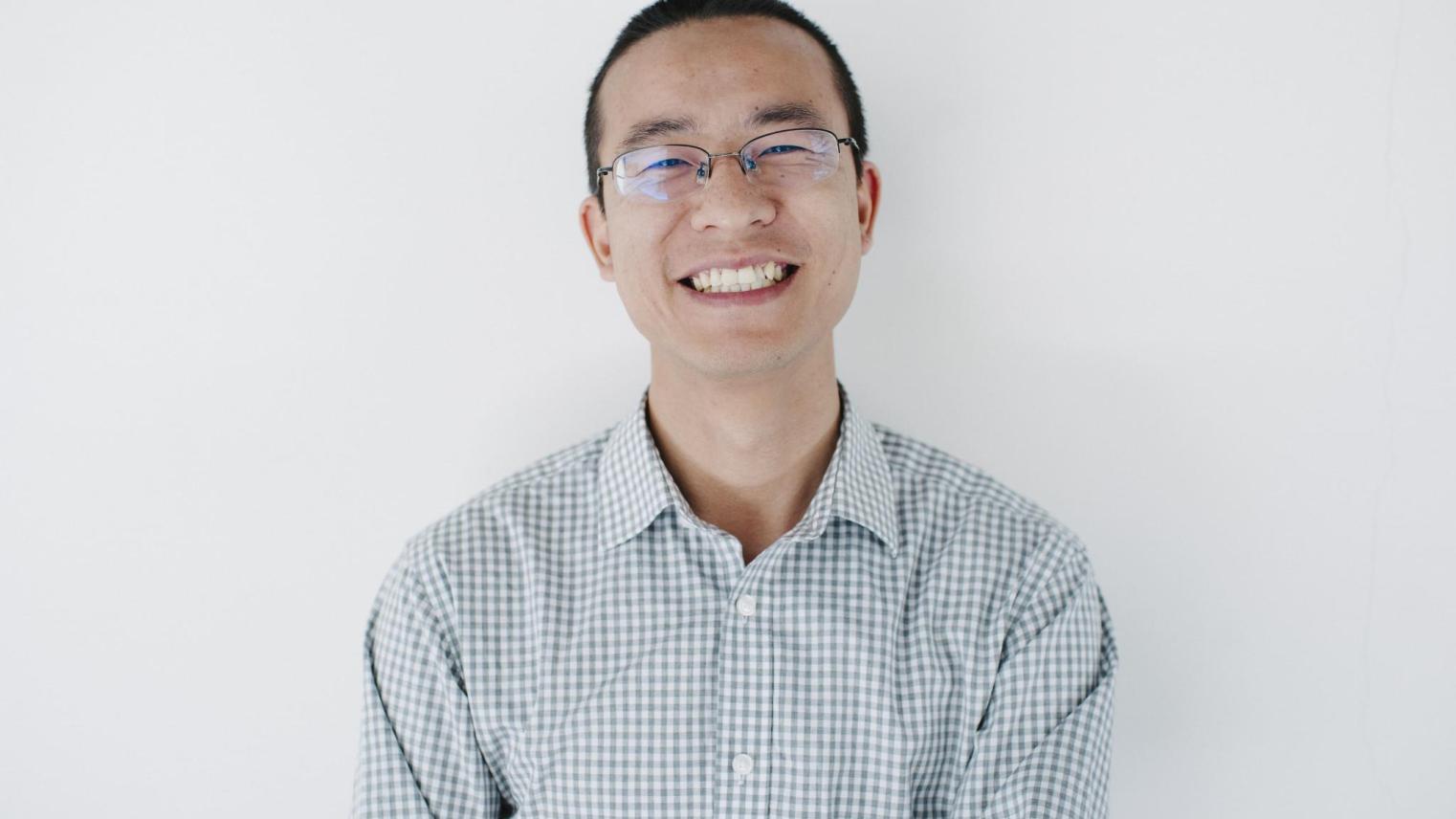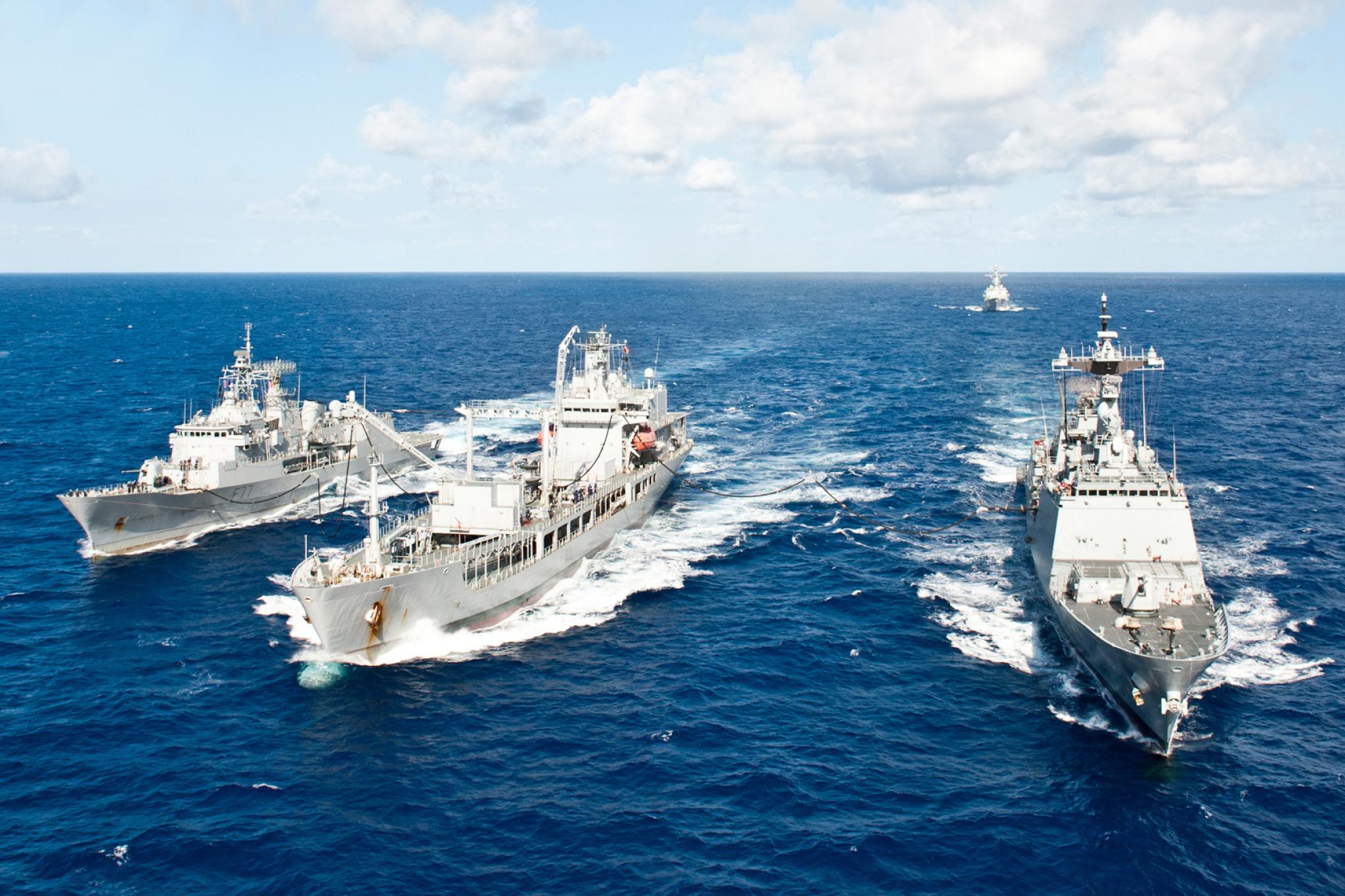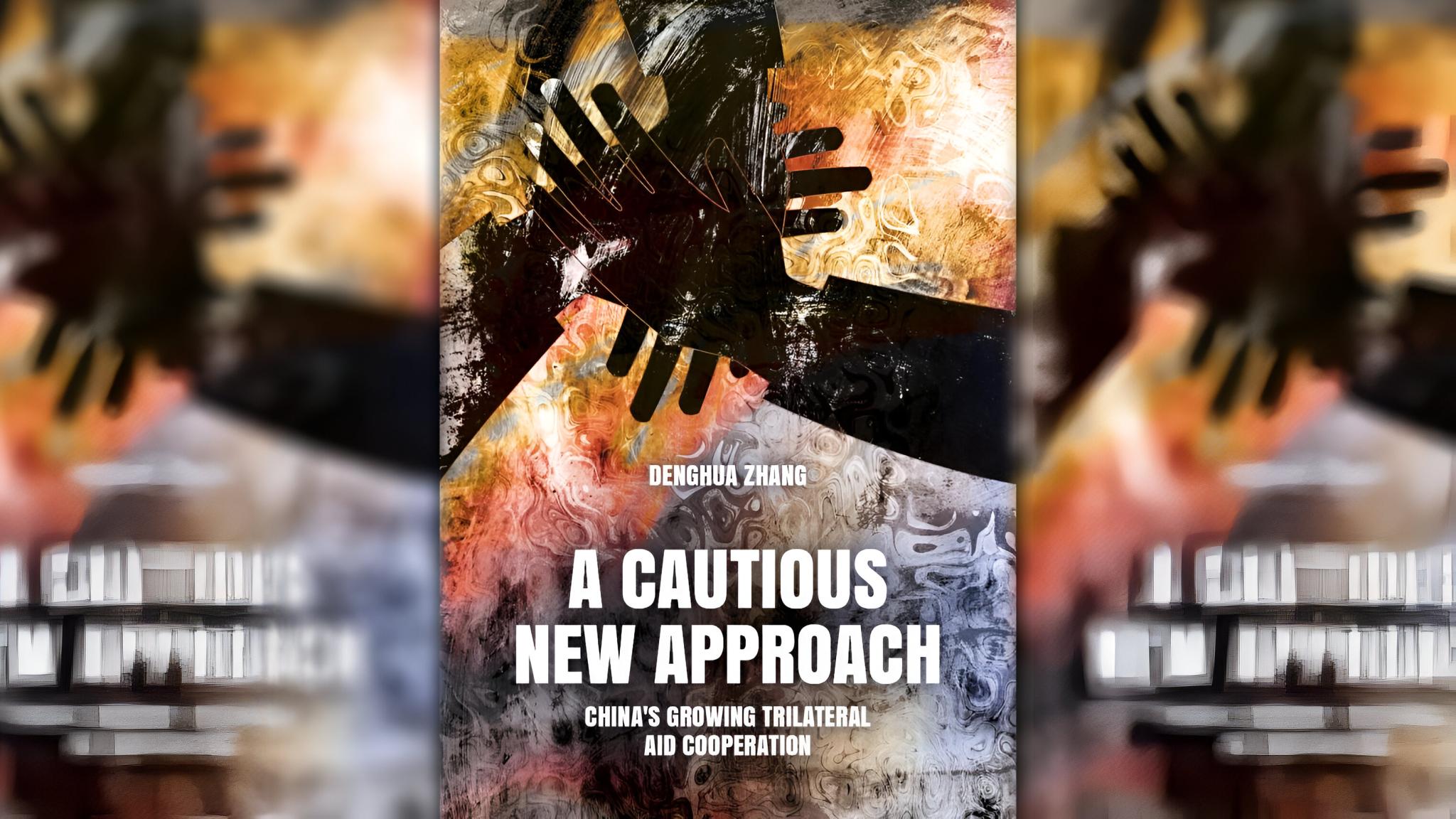The Pacific Islands have long held a special place in my heart. My journey into researching China-Pacific relations began over a decade ago—not from behind a desk, but in the field, working directly with people across the Pacific. That experience, rich in culture, dialogue, and shared aspirations, inspired my academic path and continues to shape the questions I seek to answer today.
Since joining the Australian National University in 2013—first as a PhD student and now as a Senior Research Fellow—I have focused on a pressing global issue that often escapes the headlines: China’s rising presence in the Pacific. Much of the discussion in the media is framed by fear or rivalry, but my aim is to provide something deeper and more enduring—evidence-based understanding, informed by local voices and grounded in rigorous research.
The Pacific Islands may appear small on the map, but they are at the heart of significant geopolitical shifts. Over the past 20 years, China has rapidly expanded its activities in the region, from infrastructure and trade to aid and diplomacy. This has prompted traditional powers like Australia and the United States to re-engage with renewed urgency. Yet despite this growing interest, there remains a surprising lack of detailed, nuanced knowledge about China’s intentions, strategies, and—most importantly—how Pacific islanders themselves perceive this engagement. This is the gap my research aims to fill.


